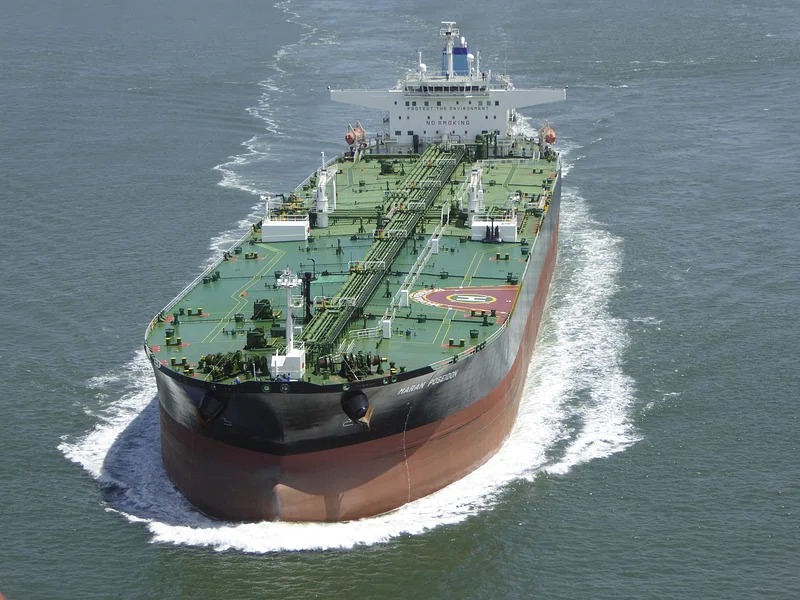
West irritated by the security of Russian and Chinese ships in Red Sea
Bloomberg reports that, according to its sources, Russian and Chinese diplomats negotiated with one of the political leaders of the Houthis, Mohammed Abdel Salam, in Oman. Yemeni rebels have pledged to permit Russian and Chinese vessels to pass through the Gulf of Aden and the Red Sea. This route, which is the shortest between Europe and Asia, is currently inaccessible to ships from most Western nations.
Previously, Western media reported that the Houthis had indicated to Russia and China that they would not target their vessels. However, the recent coverage of negotiations suggests that the West, led by the United States, is becoming increasingly concerned about the Red Sea route, which has been closed to commercial shipping by the Houthis since mid-November last year. It should be noted that the Houthis have announced attacks on ships associated with Israel, the United States, and Great Britain. There is also information about attacks on ships of other countries.
In March, for example, the first victims appeared in the Red Sea and adjacent waters after 4 months of attacks. The cargo ship True Confidence was attacked, and the Houthis claimed it belonged to an American company from Los Angeles. However, according to Western media reports, the ship has recently changed ownership and is now owned by a non-American company.
In late January, a Russian oil tanker was fired upon, but fortunately, there were no direct hits. The attack occurred shortly after a Houthi representative claimed that the Russian and Chinese ships were not in danger.
The Houthis aim to pressure Israel to end its conflict with Hamas in the Gaza Strip. Currently, the Bab el-Mandeb Strait, which links the Gulf of Aden with the Red Sea, is the most perilous area. Prior to the military campaign, this route represented up to 30% of global container traffic. It was frequently utilised by oil tankers and liquefied gas carriers. Currently, all vessels are required to take a longer route around Africa, resulting in a significant increase in both the duration and cost of cargo transportation.
Bloomberg notes that Russia and China, who are diplomatic partners of Iran, support the Houthis. Although Tehran has provided assistance, the Houthis, who seized the Yemeni capital Sanaa at the start of the country's civil war in 2014, are an independent organization that makes its own decisions on military and political matters. The United States recently designated the Houthis as a terrorist organization. They have withstood a decades-long conflict with an international coalition led by Saudi Arabia. Currently, negotiations are taking place between the Houthis and the Saudis to bring an end to hostilities. They control a significant portion of Yemen, including the major Yemeni port of Hodeidah on the Red Sea.
In January 2024, Russian and Chinese representatives abstained from voting on a UN resolution proposed by the Americans and Japanese that strongly condemned the actions of the Houthis in the Red Sea. However, Bloomberg's suggestion that the safety of passage for Russian and Chinese ships through dangerous waters was guaranteed during negotiations in exchange for political support from Moscow and Beijing for the Houthis in international organizations such as the UN Security Council is likely an exaggeration.
Thus, they have their own long-term foreign policy priorities and well-known positions on the conflict in Gaza, which served as a pretext for the Houthis’ actions, as well as on the actions of the naval coalition led by the United States. In mid-February, Russian and Chinese diplomats expressed doubts about the legality of the US military strikes on the Houthi military infrastructure in Yemen, as they were not authorized by the UN Security Council. Bloomberg also reported on these positions. It is important to note that corresponding diplomatic steps had already been taken previously.
Last week, the agency reported that Houthi leader Abdul-Malik al-Houthi announced an expansion of the military campaign to include American, British, and Israeli ships in the Indian Ocean, threatening to attack ships sailing around Africa. If realized, this threat will further complicate global logistics, although it is unlikely that the Houthis have the capabilities to carry it out.
